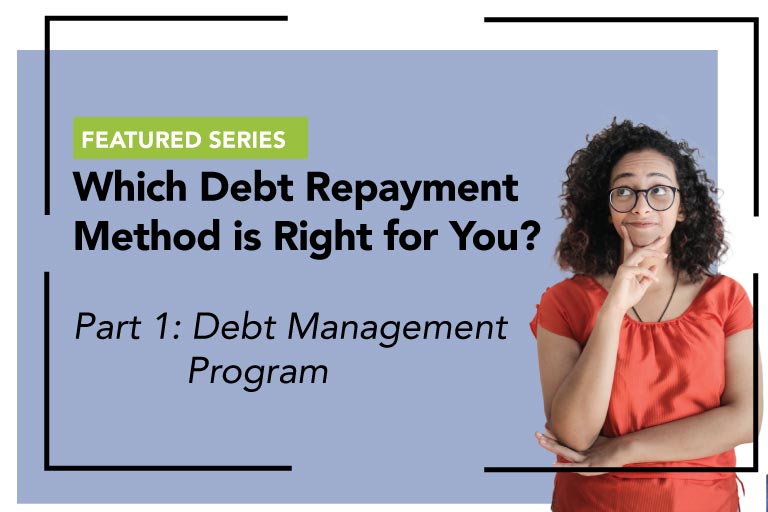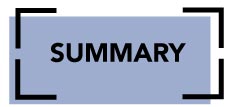
WUpdated July 2024
Looking for a way to pay off credit card debt? Being in debt can keep you from achieving your financial goals and, if you’re not careful, the interest can spiral out of control. But a good repayment plan can help you to pay your credit cards off as quickly as possible.
But here’s the thing: Deciding how to pay off your debt isn’t always easy.
If you talk to a banker, a lawyer and a financial advisor, they might suggest three different payoff methods. If you research online you’ll come across more possibilities (and plenty of misinformation).
In reality, there are several legitimate debt repayment methods to consider, and they all have advantages and disadvantages. We put together this 4-part guide because we know how hard it can be to tell a good repayment strategy from a scam.
In this guide, we’ll walk you through each option and highlight the pros and cons. We’ll also explain when to choose one method versus another based on your unique circumstances. Our goal is to help you determine which debt repayment method is best for you!
What’s in our debt repayment guide?
Each section provides in-depth details about how a given repayment method works, the costs, impact to your credit, length of time to complete the plan and other frequently asked questions. You can start by reading section one below or jump to the page of your choice:
- Part 1 – Debt Management Program
- Part 2 – Debt Consolidation
- Part 3 – Bankruptcy
- Part 4 – Debt Settlement
Part 1: Debt Management Program (DMP)
A debt management plan (DMP) is a structured plan that helps you pay off credit card debt in three-to-five years. These plans are usually administered by credit counseling agencies, and they can provide significant interest rate reductions and waived fees on your accounts. Once you’re enrolled, you make one monthly payment that the agency distributes to your creditors.

When choosing an agency to work with, look for one that’s NFCC-accredited. We set rigorous and uniform accreditation standards each member-agency must maintain. For more guidance on screening an agency for your DMP, check out these tips from the Consumer Financial Protection Bureau (CFPB) and the Federal Trade Commission (FTC).
How do you get started on a debt management plan?
To start a DMP, you first set up a free credit counseling session. Your credit counselor will conduct a thorough review of your finances, either in-person or over the phone, and help you develop an action plan to work toward your goals. Based on your situation they may recommend a DMP or another solution for your debt.
How much do debt management plans cost?
The cost of a DMP varies by state and agency. Your first credit counseling session is free. Then, if you enroll in a DMP, some agencies charge a set-up fee of $75 or less and a monthly fee between $25 and $50. You may also be eligible for a fee waiver based on your income.
How long does it take to complete a debt management plan?
DMPs typically take three-to-five years to complete.
How do debt management plans work?
When you’re on a DMP, you “consolidate” your eligible accounts into a single monthly payment to the credit counseling agency and the agency pays each creditor you owe.
With a DMP, you can pay significantly less in interest (in most cases) and the creditor may forgive or waive some of your overdue fees. These plans are also designed to help you pay off debt without filing bankruptcy or trying a riskier method like for-profit debt settlement.
Typically, a DMP helps you repay unsecured credit card debt. However, the credit counseling agency administering your DMP may also be able to help with other types of debt, such as your mortgage or student loans.
How do debt management plans impact your credit?
A DMP can be much better for your credit than other debt repayment methods, especially bankruptcy or debt settlement.
Various credit counseling agencies and academics have studied how DMPs impact your credit scores. Generally speaking, you can anticipate a dip in your scores when you first start a DMP, since you may have to close some or all of your credit card accounts. Then you’ll see an increase once you make consistent payments on the plan. One of our member agencies found that enrollees’ credit scores increased by an average of 106 points.

A debt management plan is an effective way to free yourself of credit card debt. You’ll likely pay the debt at lower interest rates and with fewer fees. While this can take three to five years to complete, the positive impact to your credit scores can be significant.
A DMP is likely a good fit if you have:
- Significant credit card debt
- You don’t qualify for affordable debt consolidation loans
- You’d like the accountability of working with a certified counselor.
Jump to part 2 of this four-part series.